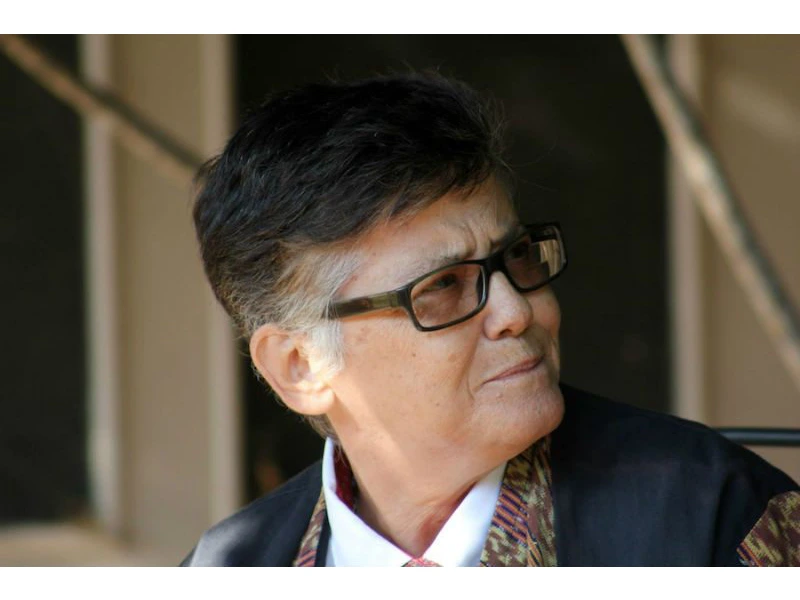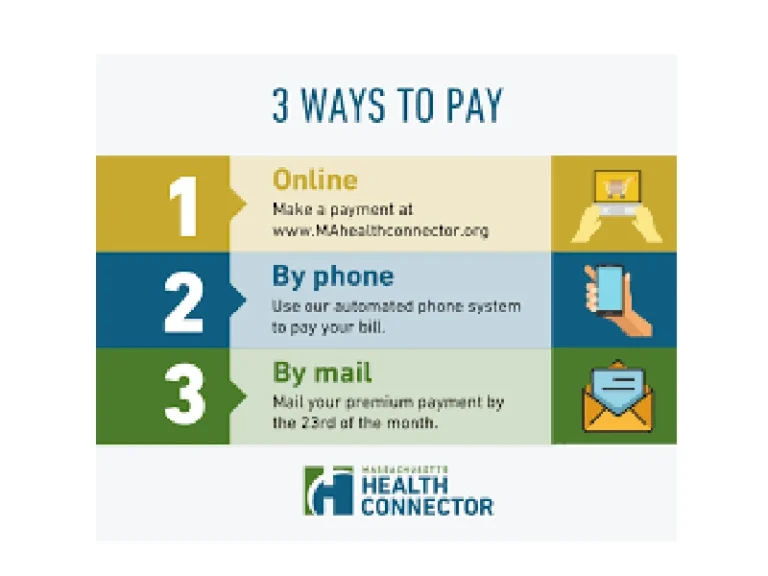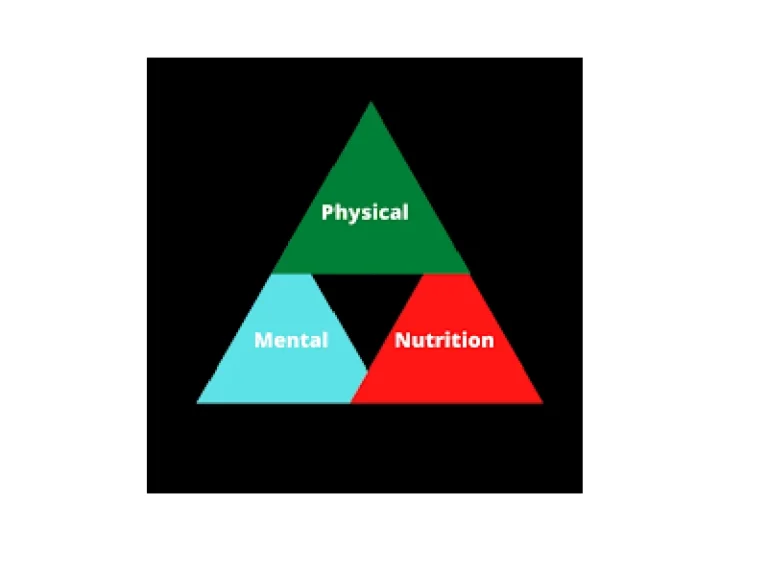
Jeanne Córdova wasn’t just part of history; she made it. A fearless lesbian feminist, writer, and organizer, she helped define the lesbian movement of the 1970s. Through her pioneering magazine The Lesbian Tide, groundbreaking activism, and unwavering belief in visibility, she became one of the most influential figures in LGBTQ history.
Her journey from a convent novice to a national leader captures the essence of rebellion, courage, and transformation. Let’s explore how Jeanne Córdova’s work shaped the path for lesbian and queer visibility — and why her legacy continues to inspire activists today.
Who Was Jeanne Córdova?
Born on July 18, 1948, in Bremerhaven, Germany, Jeanne Robert Córdova grew up in Southern California in a mixed-heritage family — her father was Mexican-American, and her mother Irish-American. Raised Catholic, she joined the Immaculate Heart of Mary convent as a teenager, planning a life devoted to faith and service.
But inside the convent walls, Jeanne began to question not only religion but her own identity. Realizing she was a lesbian, she left the convent and turned her attention toward social work and activism. She earned both her bachelor’s and master’s degrees in social work at UCLA, where she learned how systems shape social inequality — lessons that would later fuel her activism.
That decision to leave the convent was her first act of liberation. From there, Jeanne Córdova dedicated her life to fighting for lesbian rights, visibility, and equality.
A Leader in the Lesbian Feminist Movement
Jeanne’s activism began in earnest in 1970 when she joined the Los Angeles chapter of the Daughters of Bilitis, the first lesbian civil rights organization in the United States. Within a year, she was elected president. Under her leadership, the group became more politically active and publicly visible.
In 1971, she opened the first lesbian community center in Los Angeles — a radical move at a time when being openly lesbian could cost someone their job, family, or safety. The same year, she transformed the local newsletter into a national magazine, The Lesbian Tide, which soon became one of the most influential publications in the lesbian feminist era.
Known as “the newspaper of record for the lesbian feminist decade,” The Lesbian Tide covered political events, feminist theory, and cultural discussions that mainstream outlets ignored. It wasn’t just a magazine; it was a movement in print.
Córdova also played key roles in organizing major lesbian conferences, including the West Coast Lesbian Conference in 1971 and the National Lesbian Conference in 1973. These events united hundreds of women across the country who were hungry for representation, solidarity, and social change.
Through her leadership, Jeanne helped redefine what lesbian feminism could look like — inclusive, political, and unapologetically visible.
A Voice in Print: The Lesbian Tide and Beyond
If activism was Jeanne’s heartbeat, media was her megaphone. As editor and publisher of The Lesbian Tide, she gave voice to a generation of women who refused to be silent.
The magazine provided sharp political commentary, community updates, and first-hand accounts of lesbian life across the U.S. It discussed issues like discrimination, sexism, coming out, and relationships — topics that mainstream media often dismissed or distorted.
Córdova’s editorial style was bold and unfiltered. She challenged both homophobia in society and sexism within the broader gay movement, which at the time often centered on male voices. Her belief was simple but powerful: lesbian identity wasn’t just about love — it was political.
Under her direction, The Lesbian Tide became a space where lesbians could see themselves represented, where feminist thought evolved, and where new forms of community could flourish.
Entrepreneurship and the Power of Visibility
Jeanne Córdova wasn’t only an activist and writer — she was also a visionary entrepreneur. In 1981, she founded the Community Yellow Pages, one of the first and largest directories of LGBT-friendly businesses in the country.
Her goal was to strengthen the economic power of the queer community. By helping people find businesses that welcomed them, she encouraged financial independence and collective support. The directory became a practical tool for survival and empowerment, proving that visibility extended far beyond politics into everyday life.
Later, she launched Square Peg Magazine, a publication celebrating queer culture and literature. These projects reflected Jeanne’s belief that media, business, and activism could work hand-in-hand to create lasting social change.
Memoirs and Writing Legacy
Jeanne’s most celebrated work, When We Were Outlaws: A Memoir of Love & Revolution, was published in 2011 and quickly became a landmark in lesbian literature. The book offers a raw, honest look at her life in the 1970s — a time of passionate love affairs, political struggle, and radical social transformation.
Her storytelling captures both the excitement and the challenges of living openly during an era of rapid feminist and queer awakening. The memoir went on to win the Lambda Literary Award, solidifying her place as a respected writer and chronicler of lesbian history.
Before that, Jeanne wrote Kicking the Habit: A Lesbian Nun Story, which explored her decision to leave the convent, and Sexism: It’s a Nasty Affair, one of the early feminist essays critiquing institutional sexism.
Each of her works revealed another layer of her courage — the willingness to tell uncomfortable truths and to write lesbians into the pages of history.
Identity and Intersectionality
Jeanne Córdova proudly identified as a Chicana, lesbian, and butch feminist — three intersecting identities that deeply shaped her activism.
At a time when both feminist and gay movements were often dominated by white, middle-class voices, she insisted that race, gender, and sexuality couldn’t be separated. Her Chicana heritage informed her understanding of social justice and community organizing. Her butch identity challenged gender norms and expanded what womanhood could mean.
She frequently spoke about the importance of inclusion within the LGBTQ movement, arguing that true liberation required acknowledging the diverse experiences within the community. In many ways, she was practicing intersectionality long before it became a common term in activism.
Jeanne’s leadership made space for others — lesbians of color, gender-nonconforming people, and working-class queer women — to be seen and heard.
A Lasting Legacy of Courage and Change
Jeanne Córdova’s impact didn’t end with her lifetime. Before she died in 2016, she ensured that her legacy would continue to empower future generations. She donated her personal archives — including letters, manuscripts, and photographs — to one of the largest LGBTQ history collections in the United States.
She also established the Jeanne R. Córdova Fund, supporting Latina lesbians and gender-nonconforming people in Latin America and the U.S. The fund continues to help activists and journalists create change within their communities, a fitting continuation of Jeanne’s life mission.
Her work reminds us that progress isn’t achieved by waiting for permission — it’s built through courage, creativity, and community. Today, many of the spaces, businesses, and rights enjoyed by LGBTQ people owe something to the foundations she helped build.
Lessons from Jeanne Córdova’s Activism
Jeanne’s story is full of lessons that still apply today. Here are some of the most powerful takeaways:
-
Create your own platforms. When mainstream media ignored lesbians, she built The Lesbian Tide to make their stories visible.
-
Economic power matters. Through the Community Yellow Pages, she proved that community business networks could fuel independence.
-
Visibility is revolutionary. Simply existing openly as a butch lesbian in the 1970s was a radical act — and she turned that visibility into activism.
-
Intersectionality is essential. Her activism always included race, class, and gender — decades before “intersectionality” became mainstream.
-
Preserve your history. By archiving her papers and funding future activists, she made sure the past stays alive to inspire tomorrow’s leaders.
Imagine a modern queer magazine founded on her principles: community-driven, inclusive, self-funded, and fearless. Jeanne’s blueprint would still work — because her values were timeless.
Frequently Asked Questions
1. Who was Jeanne Córdova?
Jeanne Córdova was a lesbian feminist activist, writer, and publisher who led the Los Angeles Daughters of Bilitis, founded The Lesbian Tide magazine, and helped shape the 1970s lesbian movement in the United States.
2. What was The Lesbian Tide?
It was a groundbreaking lesbian feminist magazine launched in 1971 under Jeanne’s leadership. It became one of the most influential publications for lesbian politics and culture in the 1970s.
3. What is When We Were Outlaws about?
Jeanne’s 2011 memoir tells the story of her activism and personal life during the 1970s lesbian feminist era. It explores love, revolution, and the challenges of being an outspoken lesbian in a rapidly changing society.
4. How did Jeanne Córdova contribute to LGBTQ business visibility?
She founded the Community Yellow Pages, one of the first directories of LGBTQ-friendly businesses, helping queer people connect and support one another economically.
5. Why is Jeanne Córdova considered important today?
Her work laid the foundation for modern lesbian and queer media, activism, and intersectional feminism. She proved that representation, visibility, and organization could change society.
Final Thoughts
Jeanne Córdova lived boldly and left a roadmap for others to follow. She didn’t wait for acceptance — she built her own platforms, fought for inclusion, and empowered others to speak.
Her message still rings true today: when you tell your story, organize your community, and refuse invisibility, you change the world. Jeanne Córdova’s revolution may have started in the 1970s, but its echoes are still shaping the fight for equality today.


